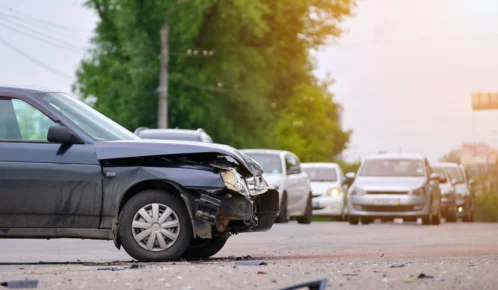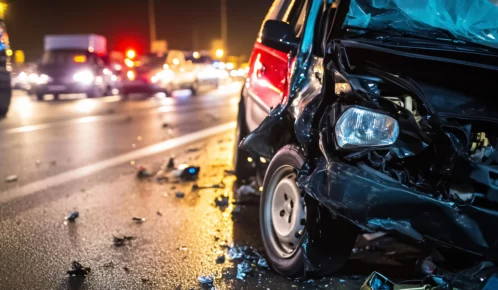Accident victims like you seeking to file a claim may wonder, “what is the collateral source rule?” The Illinois collateral source rule in a personal injury case disallows evidence that the claimant received compensation for damages from sources other than the defendant. Under the rule, any evidence that the plaintiff’s medical bills were paid by other sources, such as medical insurance, workers’ compensation, Medicaid, or others, is generally not admissible in court. By prohibiting such evidence of payments, the Illinois collateral source rule protects the injured party, preventing his/her damages from getting reduced by the amount of payments from third-party sources.
Table of Contents

What Is the Collateral Source Rule’s Impact on Personal Injury Claims
In most personal injury cases, the collateral source rule applies to medical payments made by an insurance company for treatments associated with injuries. The Illinois collateral source rule permits the injured person to receive compensation from his/her insurance company, as well as from the defendant who is responsible for the injuries. The rule also prohibits jury members from considering any payments for damages other than payments made by the defendant.
The collateral source rule raises legal concerns about the impact of the collateral source benefit on tort recovery. Critics of the Illinois collateral source rule argue that an injured person should not receive a double recovery. Advocates of the rule argue that the at-fault party should be responsible for the cost of negligent behavior, and the injured party’s compensation for injuries should not be reduced because he/she purchased insurance prior to the injury. In most personal injury cases in Illinois, the collateral source rule prevails regardless of the type of breach, type of loss, or type of collateral benefit.
A number of state legislatures have passed laws reforming the collateral source rule. These reforms may add up to narrow or broad exceptions to the rule. In Illinois, the collateral source rule has a long-standing history dating back 150 years. Today, it continues to have a major impact on claims and compensation for damages in personal injury cases. In most cases, Illinois courts uphold the collateral source rule and do not reduce damages owed by the defendant to the plaintiff for injuries.
Insurance Companies and Others May Be Entitled to Reimbursement
The Illinois collateral source rule helps ensure that at-fault parties are held financially responsible for the injuries and losses their actions cause, but it does not prevent insurance companies and others from recovering compensation for the money they have paid on behalf of an injured victim.
In most cases, policy terms provide that Medicare, your auto insurer, your health insurance company, and others have the right to place a lien on your personal injury settlement or award. This lien allows entities that have paid for your medical treatments and other losses to be reimbursed for that money if your personal injury claim or lawsuit is successful.
If you are injured in a car accident, for example, and your health insurance plan paid $10,000 for injury-related medical expenses, your insurer would be entitled to $10,000 of the money you receive from the defendant. Similarly, your medical providers who treated your injuries can place a lien on your settlement to cover unpaid medical bills.
For more information about the Illinois collateral source rule and how it may impact your personal injury settlement or jury award in Chicago, call the experienced attorneys at Ankin Law at 312-600-0000. Consultations are free.



